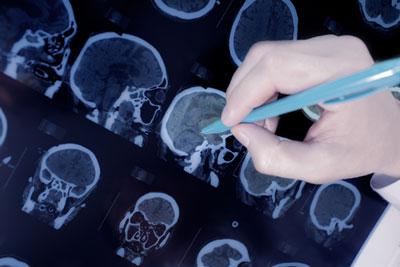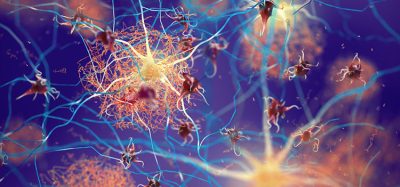Gene therapy prevents disease effects in Parkinson’s disease model
Posted: 9 October 2015 | Victoria White
Researchers reported that treatment with IFNβ-gene therapy successfully prevented neuronal death and disease effects in an experimental model of the disease…


A research team at University of Copenhagen, Denmark, has discovered that non-inheritable Parkinson’s disease may be caused by functional changes in the immune regulating gene Interferon-beta (IFNβ).
The researchers, from the Biotech Research and Innovation Centre (BRIC), reported that treatment with IFNβ-gene therapy successfully prevented neuronal death and disease effects in an experimental model of Parkinson’s disease.
“We found that IFNβ is essential for neurons ability to recycle waste proteins. Without this, the waste proteins accumulate in disease-associated structures called Lewy bodies and with time the neurons die,” explained Assistant Professor Patrick Ejlerskov.
The research team found that mice missing IFNβ developed Lewy bodies in parts of the brain, which control body movement and restoration of memory, and as a result they developed disease and clinical signs similar to patients with Parkinson’s disease and dementia with Lewy bodies (DLB).
BRIC study offers one of the first models for non-familial Parkinson’s disease
While hereditary gene mutations have long been known to play a role in familial Parkinson’s disease, the study from BRIC offers one of the first models for so-called non-familial Parkinson’s disease, which comprises the majority (90-95%) of patients suffering from the disease. According to Professor Shohreh Issazadeh-Navikas the new knowledge opens new therapeutic possibilities: “This is one of the first genes found to cause pathology and clinical features of non-familial Parkinson’s disease and DLB, through accumulation of disease-causing proteins. It is independent of gene mutations known from familial Parkinson’s disease and when we introduced IFNβ-gene therapy, we could prevent neuronal death and disease development. Our hope is that this knowledge will enable development of more effective treatment of Parkinson’s disease.”
Current treatments are effective at improving the early motor symptoms of the disease, however, as the disease progress, the treatment effect is lost. The next step for the research team will be to gain a better understanding of the molecular mechanisms by which IFNβ protects neurons and thereby prevents movement disorders and dementia.
Related topics
Gene Therapy
Related conditions
Dementia, Parkinson's disease








